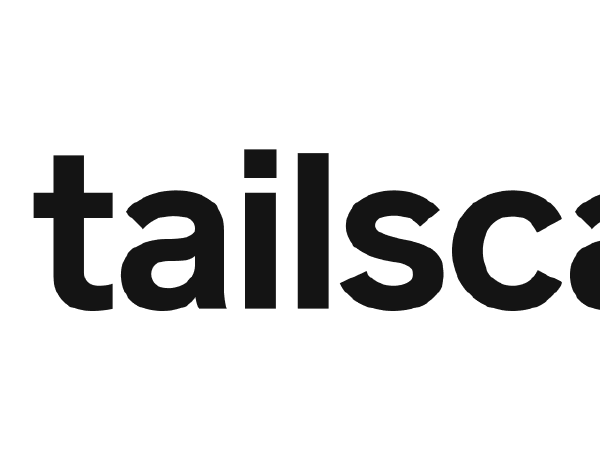Caktus Blog
2025

Chicago Like a Local: Part 2
Chicago Like a Local: Hidden Gems & Unique Experiences (Part 2)
DjangoCon US 2025 is getting closer, and while we’ve covered some classic must-see spots in Part 1, there’s so much more to explore beyond the typical tourist attractions. If you’re looking for unique experiences, quirky hidden gems, and places where locals actually hang out, this guide is for you.

Tips for Tracking Django Model Changes with django-pghistory
Django and its admin interface are a big part of why Caktus uses Django, but the admin's ability to log database changes is limited. For example, it shows only changes made via the Django admin, not via other parts of the site.

Cakti Share Their Favorite Tools For Streamlined Workflows
Let’s jump into it!
At Caktus, we’re always looking for tools that help us streamline our workflows, increase productivity, and make our day-to-day tasks more efficient. Whether you’re managing projects, writing code, or debugging, the right tools can make all the difference. Here are some of our favorite tools that we love using to get the job done!

Upgrade Smarter, Not Harder: Python Tools for Code Modernization
Upgrading projects is somewhat equivalent to flossing, you know you have to do it, but rarely make time for it. After all, if the project is in active development, there are exciting new features to build. And we all know that new features > project upgrades. Well not to worry, Caktus wants to make you aware of some tools that will save you from considerable repetitive work & time while simultaneously modernizing your codebase. Combined, these tools will automate part of the upgrade process, decreasing the likelihood of neglecting parts of the codebase.

How to Use regexp_matches and regexp_match in PostgreSQL
Introduction
regexp_matches() and regexp_match() are two similar string
functions
that support regular expression matching directly in the PostgreSQL
database. regexp_matches() was added in PostgreSQL
8.3, and
regexp_match() was added in PostgreSQL
10 (keep reading to see
how ChatGPT struggled to answer this question).

How to Create a Helm Chart for a Django App
At Caktus, we use Helm charts to simplify our deployment process for Django projects. Helm is a package manager for Kubernetes, and using Helm charts allows us to automate the process of writing Kubernetes configuration files for our Django applications. We use it together with GitHub Actions and Ansible to streamline our deployment processes.

One Thing to Look Out For While Testing django-import-export
Often the applications we build at Caktus deal with large sets of Django objects. The attributes of these objects can vary, and may need updating in certain instances. One of the best ways to manage this data is via django-import-export, which is a tool that creates a way to perform these bulk updates with a file upload such as a .csv or .xlsx file.

Private, ngrok-like Dev Servers with Tailscale
This past week, I learned that it's possible to run
Tailscale in a local docker-compose.yml on a
developer's workstation, and securely allow access to services in the
docker-compose file to other users on your Tailnet.

Choosing a Voice for Speech Synthesis
Recently we’ve been adding read-aloud support to a Django website. The tech stack for this site is Django with a bit of jQuery on the front end. The website is used exclusively in the United States, its content is offered in English and Spanish, and the read-aloud support is wanted for forms on the site. So where the site offered, for example: